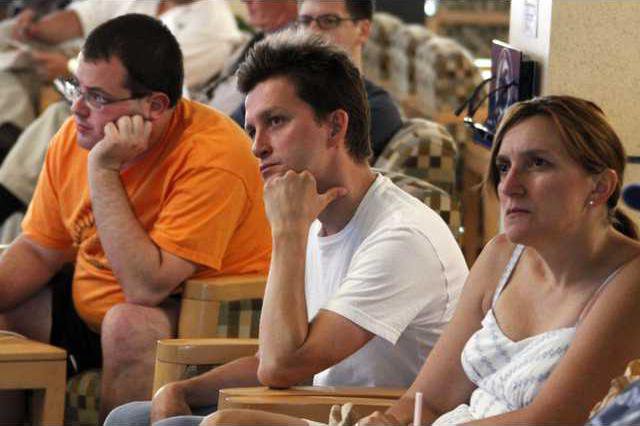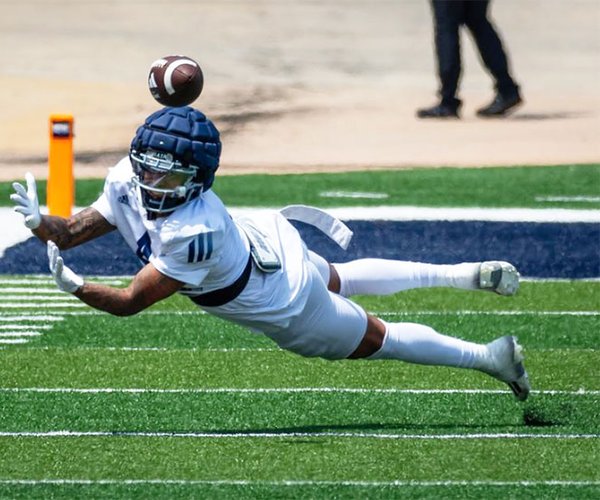For decades Penn State was considered special, immune from the corruption of college athletics by virtue of Joe Paterno's high ideals, long list of victories and even longer list of graduates.
Now, to many people outside Penn State and even some insiders, that's been exposed as an illusion.
A blistering report released Thursday found Paterno helped hush up allegations of child sex abuse against a former assistant that went back more than a decade, sacrificing the ideals he preached to protect his football program. Paterno, former FBI Director Louis Freeh said, was "an integral part of this active decision to conceal."
"I doubt anybody could have imagined this. In eight months, he's gone from St. Joe to something approaching the devil," said Frank Fitzpatrick, a Philadelphia Inquirer columnist and author of two books on Paterno and Penn State, including a biography last year, "Pride of the Lions."
"The contrast between the ethical standards we always associated with Joe and the complete lack of them in how this was handled — if what the Freeh Report says is true, and I have no reason to doubt it is, to sacrifice kids for the reputation of a football program, that's pretty despicable. I can't imagine anything more shocking than that."
Nike announced it was stripping Paterno's name from the child care center at its headquarters in Beaverton, Ore., not even six months after founder Phil Knight drew a thunderous ovation for an impassioned defense of the major college football's winningest coach at his memorial service. There was renewed clamor online to remove Paterno's statue outside Beaver Stadium, and USA Today columnist Christine Brennan called on Penn State to drop football for at least a year until the university has addressed the failings that led to the scandal.
There could still be more fallout from court cases — criminal charges against two administrators, civil suits from victims of Jerry Sandusky — and the NCAA has yet to decide whether it will weigh in on the scandal or not.
"A statue should be least of someone's worries at this point," Penn State's former star linebacker LaVar Arrington said on his radio show in Washington, D.C. "A name on a building should be the least of someone's worries."
"On the one hand, Joe messed up. Joe was not perfect, Joe was not God. Joe was a person, and he messed up. ... On the other hand, if you're looking at everything Joe has done and all the lives he's impacted and all the things he's done ... that still remains as well. So how do you separate the two? I don't know. I don't have the answer for that one, I really don't."
Until last fall, Paterno symbolized all that was right about college sports. His teams won, but he didn't sacrifice his standards to do it. Penn State's graduation rates were impeccable, his players were as good off the field as they were on, and his financial support of the university often had nothing to do with the football program.
Even after the November arrest of Sandusky, the architect of Penn State's ferocious defenses and Paterno's one-time heir apparent, many were hesitant to put too much blame on Paterno.
JoePa's legacy may be damaged beyond repair





